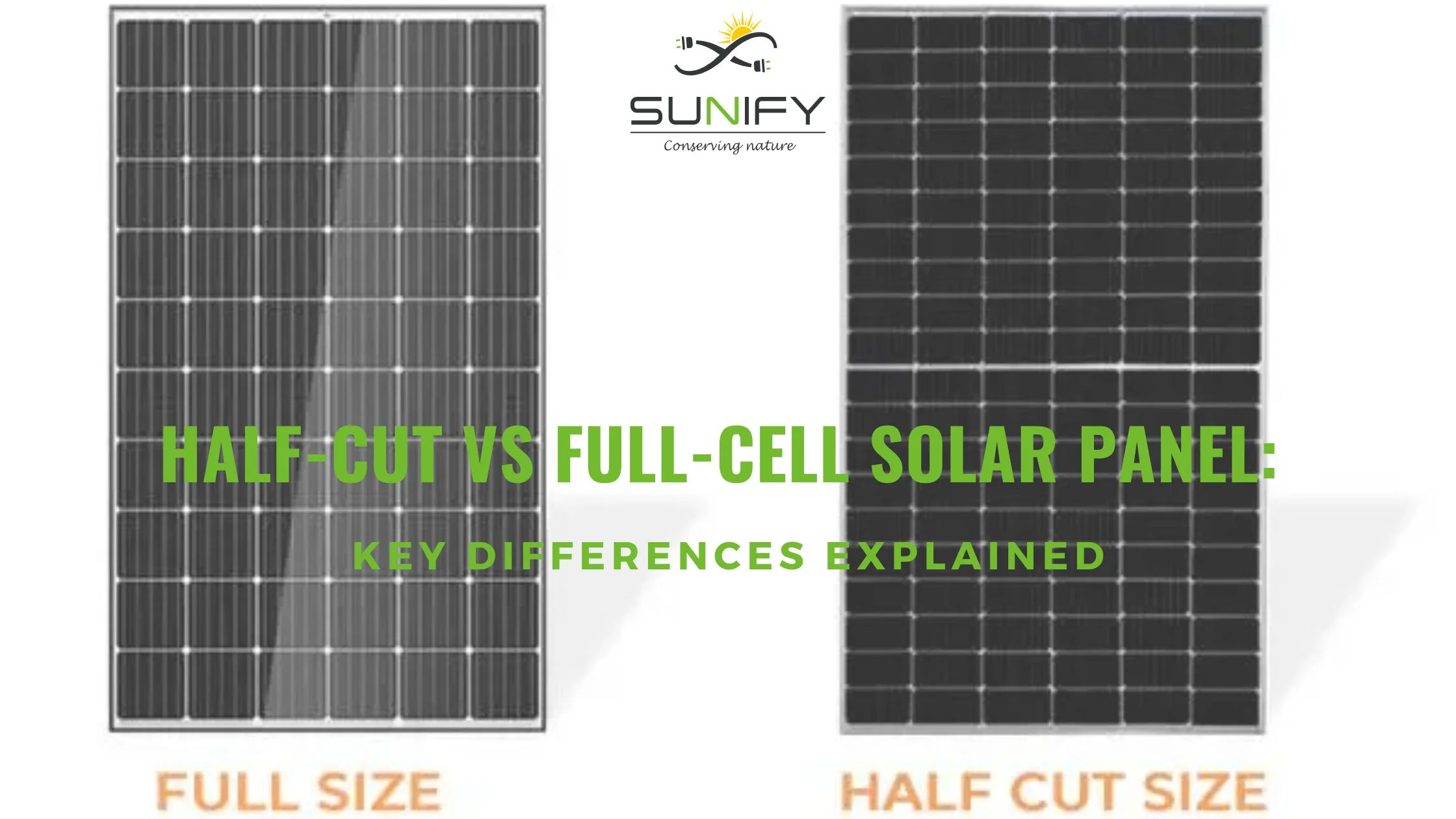
Connect With Our Team
Imagine a world where your home not only meets its energy needs but also contributes to a cleaner environment while significantly reducing your electricity bills. With rising energy costs and increasing concerns about climate change, homeowners across the country are looking for practical ways to save money while adopting sustainable solutions. Installing a home solar system is one of the most effective strategies, and solar net metering can maximize the financial and environmental benefits of your investment. By sending excess solar electricity back to the grid and receiving credits, homeowners can enjoy a reliable source of renewable energy while minimizing utility costs.
What Is Solar Net Metering?

Solar net metering is a mechanism that allows homeowners who have solar panels for home use to earn credits for the electricity they generate but do not immediately consume. Essentially, when your rooftop solar panels produce more electricity than your household requires at a given moment, the surplus energy is exported to the local electricity grid. These exported units are recorded by a bi-directional meter, allowing you to “bank” electricity credits. Later, when your home consumes electricity from the grid, these credits offset your electricity bill, effectively reducing costs. This system not only improves the economic feasibility of solar power for residential use but also encourages energy efficiency, supports grid stability, and promotes the use of clean, renewable energy for a sustainable future.
How to Qualify for Solar Net Metering
To take advantage of solar power net metering, homeowners need to ensure their system and property meet certain requirements.
-
Grid-Connected Solar System: Your solar system must be connected to the electricity grid. While off-grid solar systems provide energy independence, they usually do not qualify for net metering since there’s no connection to the utility grid to export surplus power.
-
Utility Compliance: Different utilities have varying rules and requirements for net metering, including system capacity limits, safety standards, and technical certifications. Homeowners must follow these rules to qualify.
-
Documentation and Approvals: You must submit technical details of your solar PV system, installation certificates, and ownership documents to the utility provider. Approval ensures that your system meets the standards necessary for net metering.
Step-by-Step Application Process:

-
Contact Your Utility Provider: Begin by discussing your interest in net metering and understand the application procedure, available incentives, and metering rates.
-
Prepare Required Documents: Include your solar installation details, invoices for solar panel installation, and system capacity information. Some utilities may also require inspection reports.
-
Install a Bi-Directional Meter: This special meter tracks both the energy consumed from the grid and the energy exported, enabling accurate crediting of surplus electricity.
Following these steps ensures you become eligible for net metering benefits while maximizing the efficiency and savings from your roof solar panels.
Financial Benefits of Solar Net Metering
Solar net metering can transform the way homeowners manage electricity costs, offering multiple financial benefits:
-
Reduced Electricity Bills: The surplus energy exported to the grid earns credits that can directly offset the electricity consumed during non-sunny periods. Over time, this can significantly reduce monthly bills, sometimes even eliminating them entirely in high solar-generation periods.
-
Faster Return on Investment: The combination of savings on utility bills and potential government incentives accelerates the payback period for home solar systems, making solar installation a cost-effective and long-term investment.
-
Potential Earnings: In some regions, homeowners can even convert excess credits into monetary compensation or roll them over to future billing cycles, providing an additional income stream from your solar panels.
By combining net metering with available solar subsidies and financial incentives, homeowners can drastically reduce solar panel costs while enjoying sustainable energy production for decades.
Government Incentives and Solar Subsidies
Government support plays a crucial role in encouraging homeowners to adopt solar energy through net metering:
-
National Programs: Programs like the Residential Solar Rooftop Scheme offer financial incentives to reduce the initial cost of solar installation and encourage adoption across residential sectors.
-
State-Level Initiatives: States such as Delhi, Gujarat, and Rajasthan provide additional rebates, tax benefits, and preferential net metering rates, further reducing investment costs and enhancing the return on solar PV systems.
-
How to Apply for Subsidies: The application typically involves submitting system specifications, proof of installation, invoices, and documentation as required by the respective government agency. Timely submissions ensure homeowners receive the full benefit of these subsidies and lower overall project costs.
These programs make solar energy more accessible and financially viable for homeowners, complementing the savings provided by solar net metering.
Choosing the Right Solar Panel System

Selecting the ideal solar panels for your home is crucial to maximize the efficiency of your system and ensure long-term benefits:
-
Types of Solar Panels: Monocrystalline solar panels offer the highest efficiency and performance, making them ideal for limited rooftop space. Polycrystalline panels are more budget-friendly but slightly less efficient, making them suitable for larger rooftops where space is not a constraint.
-
System Sizing: A proper assessment of your household energy needs is essential to determine the right system size. Oversized systems may increase upfront costs unnecessarily, while undersized systems may not meet energy requirements, reducing net metering credits.
-
Professional Installation: Choosing a certified solar company like Sunify solar ensures compliance with local regulations, guarantees performance, and provides access to warranties and after-sales support. Proper installation maximizes energy production and ensures your solar PV system operates efficiently for years.
By selecting the right system type, size, and installer, homeowners can optimize their energy production, maximize credits through net metering, and achieve long-term savings. Sunify Solar is a leading solar panel manufacturer and supplier based in Morbi, Gujarat, India, specializing in high-efficiency monocrystalline, PERC, and bifacial solar panels. With a state-of-the-art facility and a strong focus on quality, Sunify Solar provides reliable solar solutions for residential, commercial, and industrial applications, offering end-to-end services from design and installation to maintenance.
Common Challenges and Solutions
While the benefits of solar net metering are compelling, homeowners may encounter some challenges:
-
Intermittency of Solar Power: Solar energy is dependent on sunlight availability. During nighttime or cloudy days, energy production may drop.
Solution: Integrate a battery storage system with your roof solar panels to store excess energy for use during periods of low solar generation. -
Regulatory Hurdles: Rules, tariffs, and net metering rates vary across regions, which can create confusion.
Solution: Stay informed about local regulations, and work with experienced solar providers who are familiar with compliance requirements. -
Initial Investment Cost: High upfront costs for solar PV panel installation may deter homeowners.
Solution: Leverage government subsidies, financing options, and the long-term savings from reduced electricity bills to justify the initial expenditure.
Addressing these challenges ensures a smooth experience and allows homeowners to enjoy maximum benefits from solar electricity for home use.
The Future of Solar Net Metering
The future of solar net metering is promising, with several trends and advancements shaping the market:
-
Technological Improvements: Next-generation photovoltaic systems and high-efficiency monocrystalline solar panels are making solar energy more productive, durable, and cost-effective.
-
Policy Support: Governments are introducing more favorable net metering policies to increase adoption and incentivize clean energy generation.
-
Growing Market Trends: As more homeowners recognize the financial and environmental benefits, solar adoption is expected to grow rapidly, making net metering an increasingly valuable tool for sustainable energy management.
By staying updated with technology and policy changes, homeowners can maximize both energy efficiency and financial benefits from their solar PV system.
Conclusion
Solar net metering empowers homeowners to reduce electricity costs, earn credits for excess energy, and contribute to a cleaner environment. By carefully selecting the right solar panels for your home, applying for net metering benefits, and leveraging government solar subsidies, homeowners can achieve long-term energy savings and financial returns. If you’re considering installing a home solar system, exploring net metering options now can lead to a greener, more energy-independent, and cost-efficient future. Embracing solar energy not only benefits your wallet but also supports the planet by reducing carbon emissions and promoting renewable energy usage.
Recently Posted
Whatsapp Chatx
Hi! Click one of our representatives below to chat on WhatsApp or send us email to solar@sunifysolar.in

|
************** +91 81414 55503 |

We will love to hear from you!






